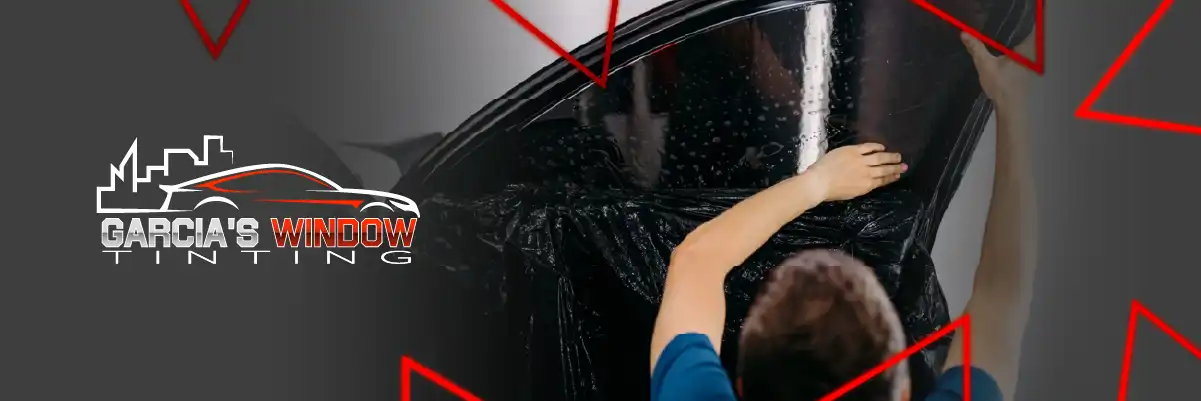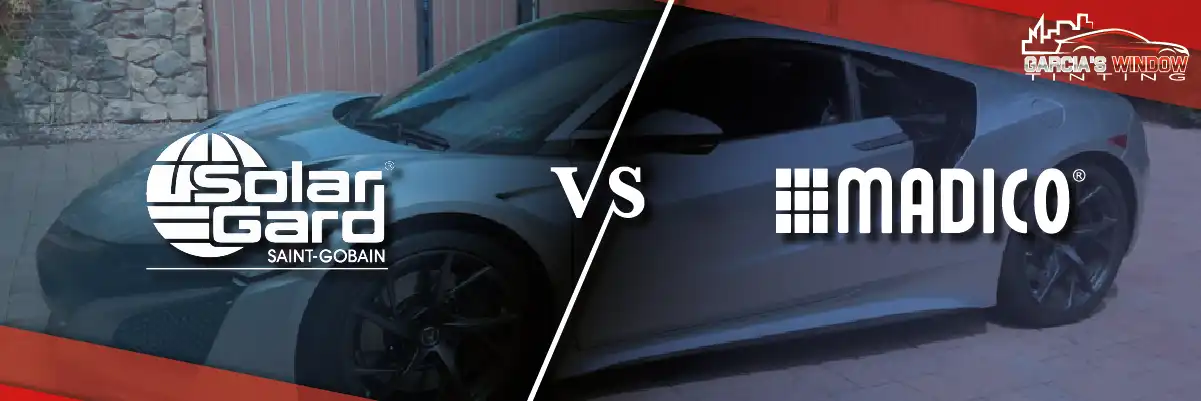Window Tint Help Maintain Comfortable Interior in Your Car
Fed up with sweltering car rides? Discover How Window Tint Help Maintain Comfortable Interior in Your Car. This article explores its cool benefits, from reducing sun glare and blocking UV rays to enhancing privacy and skin protection. Beat the heat and enjoy a stylish, comfortable ride with window tinting.
First, let's talk about some benefits you get by tinting your windows:
- Heat Reduction: Tinting blocks a significant amount of sunlight, ensuring a comfortable car interior, reducing the need for air conditioning, and improving fuel efficiency.
- Glare Reduction: Tinted windows minimize sun glare, enhancing road safety by providing a clearer view during sunrise or sunset.
- UV Ray Protection: Tinted windows block up to 99% of harmful UV rays, safeguarding against sunburn and interior damage.
- Privacy and Security: Tinting enhances privacy, preventing outsiders from peering into your car, bolstering security, and protecting your belongings from potential theft.
- Stylish Customization: Window tinting not only serves a purpose but also elevates your car’s style. Choose from various tint shades to match your preferences, whether you favor a subtle, classy appearance or a bold, sporty look. Enjoy both aesthetic enhancement and practical benefits.
Get to know the types of window tint film:
Dyed Window Tint Film: Features a dyed layer between adhesive and a protective coat, effectively reducing heat and glare while maintaining a natural look by absorbing solar energy to prevent interior heating.
Metalized Window Tint Film: Contains small metallic particles that deflect heat and light, providing excellent heat and glare reduction. It offers a sleek, reflective appearance but may impact electronic devices like GPS or cell phone signals.
Carbon Window Tint Film: Excels in heat rejection by blocking infrared heat while allowing visible light through. It reduces glare, offers UV ray protection, and has a matte, non-reflective finish that enhances a car’s aesthetics.
Ceramic Window Tint Film: The premium choice with ceramic nanoparticles for exceptional heat rejection, glare reduction, and UV protection. It maintains visibility, keeps the car cool, and doesn’t interfere with electronic signals.
Some factors to consider when choosing window tint:
Tint Darkness: Be aware of your local tinting laws regarding darkness levels and consider your personal visibility preferences. Darker tints provide better heat reduction but can impact nighttime visibility.
Tint Quality: Invest in high-quality tint for durability, longevity, and optimal performance. Cheap tints may fade or bubble over time, compromising both looks and function. Stick to reputable brands and seek professional guidance.
UV Protection: Check the tint’s UV protection rating; higher ratings offer better protection against harmful UV rays, safeguarding your car’s interior and your skin.
Warranty: Look for tints with warranties covering fading, bubbling, and peeling. A warranty assures the quality and durability of the tint, providing peace of mind.
Don't believe those liars. Window tint myths debunked...
Window Tint is Illegal: Window tinting is not inherently illegal; it’s subject to local regulations. Complying with these laws allows you to legally enjoy its benefits.
Window Tint Blocks GPS or Cell Phone Signals: High-quality tints won’t interfere with GPS or cell signals. However, older or low-quality films with metallic particles might. Choose reputable brands to avoid this issue.
Window Tint Reduces Visibility at Night: Modern tints offer good nighttime visibility when properly installed. Darker tints may slightly affect visibility, but high-quality films maintain clarity.
Window Tint Causes Windows to Shatter: Tint films don’t make windows shatter; they can enhance safety by holding shattered glass together during accidents, reducing the risk of harm to passengers.




